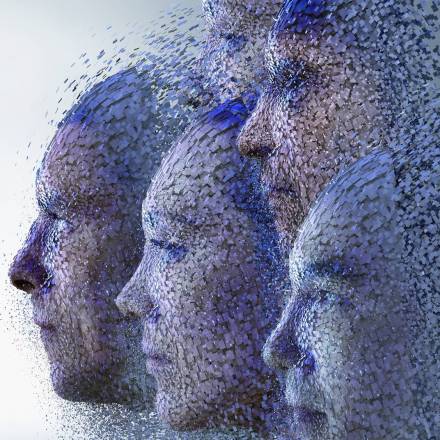
The lawyer and urban planner, Albert Cortina, spoke about transhumanism at Gentic Day held at the TecnoCampus in Mataró. "This revolution is not only about devices and technology, but about people, about how we will evolve as a species," he says. According to the expert, transhumanism puts people at the centre of the technology revolution and promotes "the interaction and integration of new technology into our bodies and environment." This hybridisation between biology and technology will turn humans into post-humans or cyborgs, biotechnical beings that will be more intelligent, live longer and do so under better welfare conditions.
Transhumanism is being developed in the Anglo-American sphere, with Google's Singularity University in Silicon Valley as the main reference point, but it is also taking place in other places, like China. What they have in common is the idea of transforming human beings into a new evolutionary state. And according to some forecasts, this disruptive leap forward "will happen within 40 years and will be inevitable," points out Cortina, adding that this revolution "raises ethical questions" and will require "humanity and technology to work together".
| Alberto Cortina, during his talk at Gentic Day | J. Vives |
During his talk, Cortina listed the three main characteristics of post-human beings:
1-Super-intelligence: Thanks to hybridisation with technology this super-intelligence will be developed and will go beyond the individual's mind to connect us to a so-called "mega-hive" intelligence.
2-Super-longevity: One of transhumanism's main aims is to overcome the factors that limit human life, such as illness or ageing. It will allow us to live much longer, to 120 years according to the most realistic calculations and between 150 and 300 years according to the more daring theories. Super-longevity "will greatly change the way we live and will affect pensions, housing, cities and families, with socio-economic consequences that politicians are not working on and which society at large is hardly aware of," warns Cortina.
3-Super-welfare: This aspect includes "two different points of view," says Cortina. On the one hand, avoiding unnecessary suffering, and on the other, aspiring to a super economic welfare, more closely tied to the world of business and economics.
Transhumanism comes out of the idea of a new Welfare State in which business organisations and institutions of all types play a key role. Cortina argues for keeping in mind the challenges posed by a super-populated world, with more older people, different geo-politics and even cyborgs.
In all, concludes Cortina, it will have an influence on everyone, and as far as the general public is concerned, will improve cities. Lastly, he points to the importance of "creating smart governance" and ensuring that politicians "change how decision are made. Because we can either move towards a more advanced vision of democracy or fall into a situation of cyber-totalitarianism with more control over our lives."